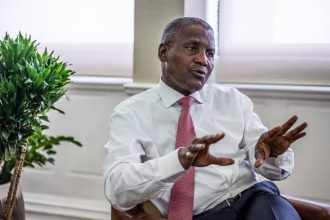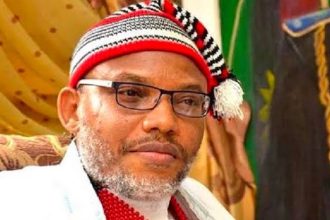Former Senate President, Dr. Bukola Saraki, has alleged that the administration of former President Muhammadu Buhari persistently obstructed the 8th National Assembly during his tenure, hindering the passage of critical legislation that could have benefitted the nation.
Saraki made the revelation at the 2025 Reunion Gala of the King’s College Old Boys Association (KCOBA) held over the weekend in Houston, Texas.
Reflecting on his time as Senate President from 2015 to 2019, he described the relationship between the executive and legislature during the Buhari era as hostile and counterproductive.
“The legislature under my leadership was silenced, harassed, assaulted, bullied, and blackmailed,” Saraki said in a speech shared by his media aide, Yusuf Olaniyonu.
“The executive deliberately frustrated the passage of good laws, initiatives, and recommendations that would have been highly beneficial to our society. We were like orphans.”
He lamented the lack of public support in defending the legislature’s independence during those years, stating that both the elite and ordinary citizens chose to remain silent, thereby weakening democratic accountability.
Saraki, who became Senate President against the will of the All Progressives Congress (APC) leadership with backing from opposition lawmakers, maintained that his insistence on legislative independence came at a personal and political cost.
“If I had agreed with everything the presidency under Buhari wanted, I would have been hailed as a loyalist and ally,” he said. “I could have cut deals all the way.”
Among the initiatives allegedly obstructed was a proposed amendment to the Public Procurement Act aimed at promoting the use of locally made goods and services.
Saraki claimed political interference, especially during the build-up to the 2019 general elections, led to the bill’s failure.
He stressed that many political leaders ascend to office with little to no plan, relying on recycled strategies and “government scammers” who manipulate every administration for personal gain.
“This is a big failure of followership, and it is an enabler for the continuous failure of leadership,” Saraki remarked. “Instead of building strong institutions, we are building strong men and women.”
The former Senate President’s strained relationship with the Buhari-led executive culminated in a series of court cases, widely viewed as politically motivated.
His eventual defection to the Peoples Democratic Party (PDP) in 2018 deepened the divide, with the APC making unsuccessful attempts to unseat him.




